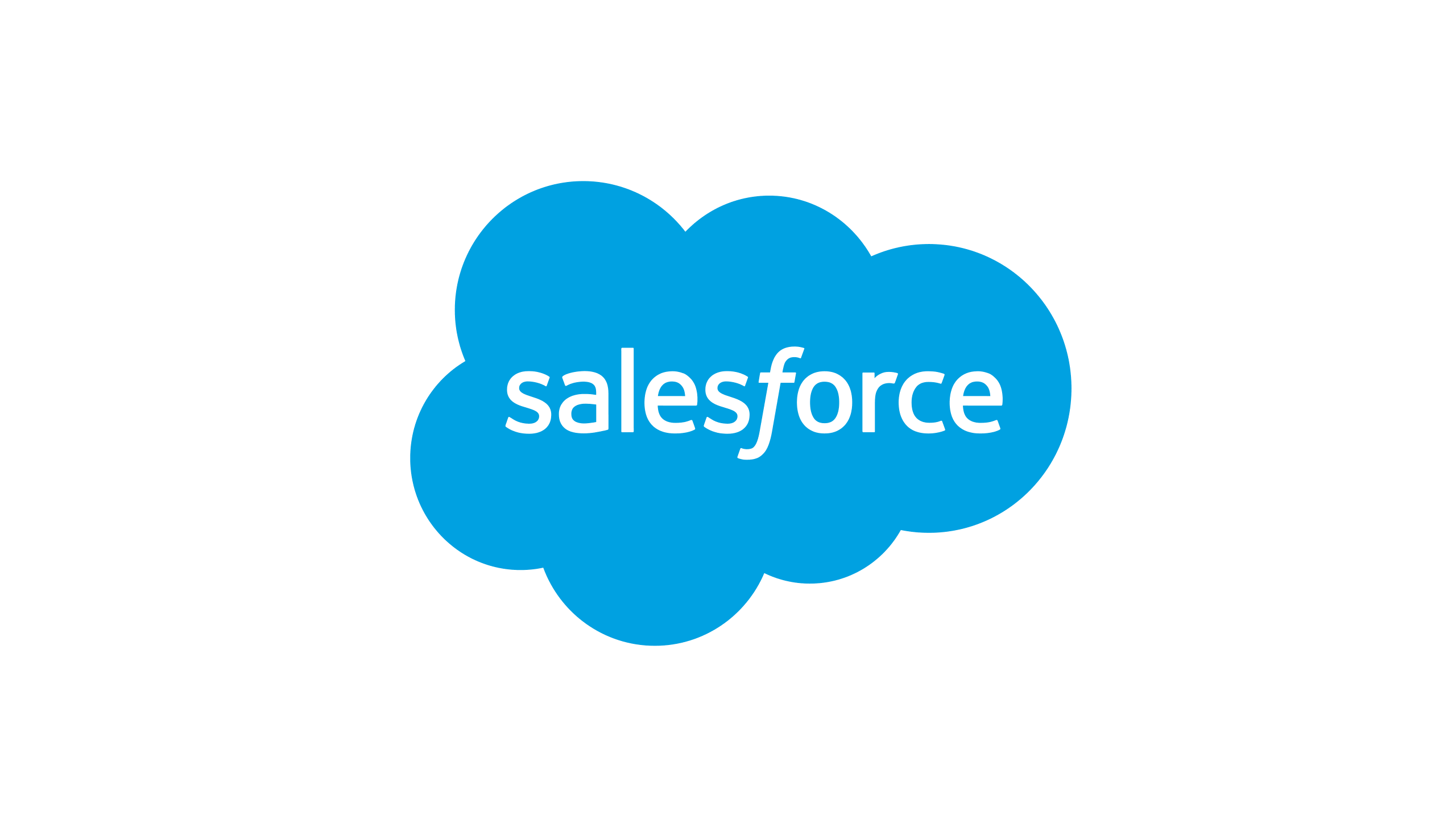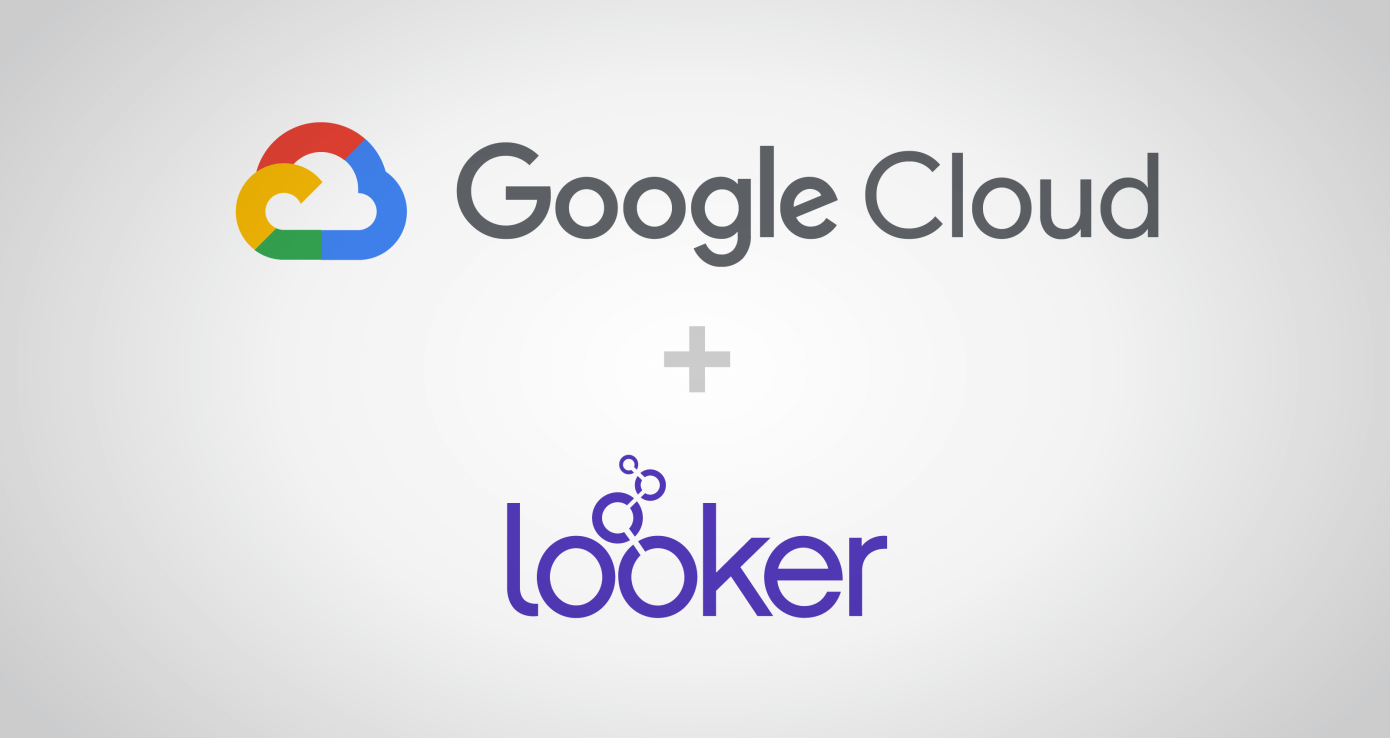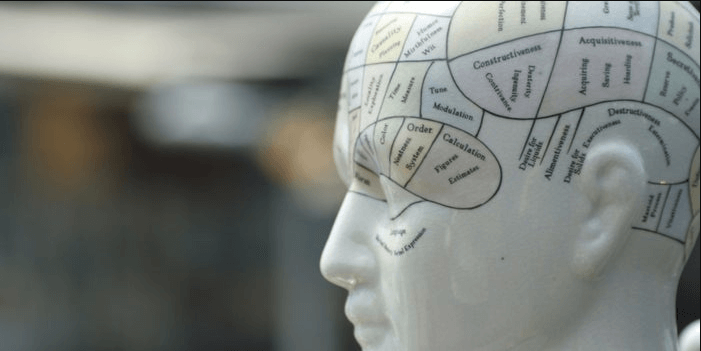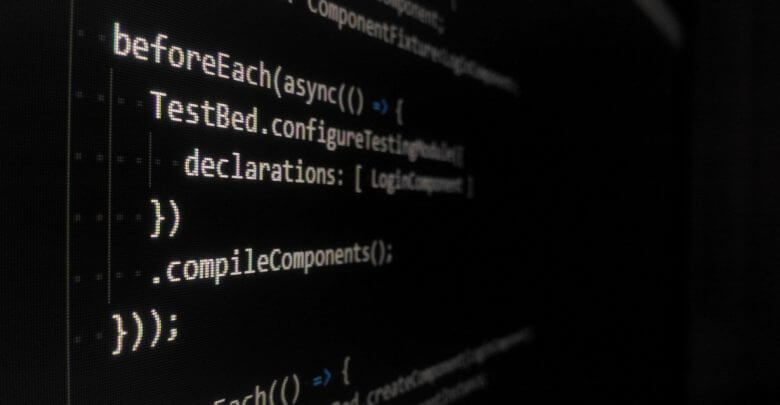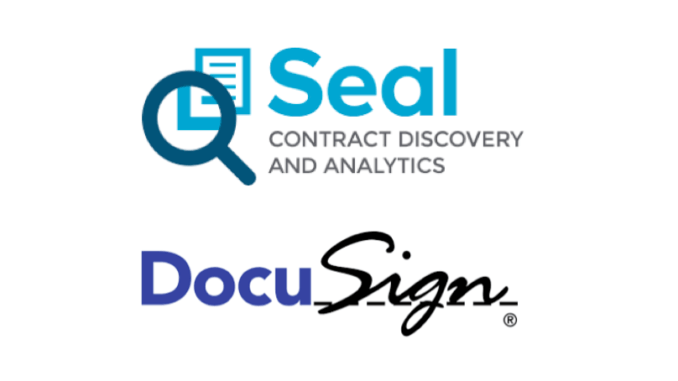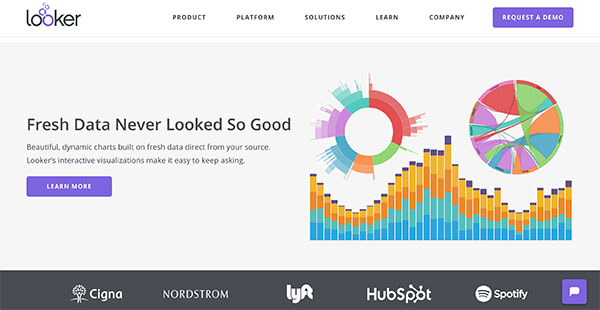What degree do I need for a BI career?
Unlike many similar roles within a company, there isn't a set degree that can help a job candidate land BI roles. BI professionals come from all sorts of backgrounds; there isn't just one degree that will necessarily qualify you for any BI role within an industry.
In some ways, that's liberating; there's the opportunity for established professionals in other roles to make the switch to a BI career without having to go back to school or pick up additional accreditation. For others, it's more frustrating; they might not know if their undergraduate degree gave them the skills necessary to succeed in a BI role or if a recruiter will ignore their resume based on a degree they got decades ago.
Since business intelligence is such a broad category that contains a wide range of roles, there's a wide range of degrees that make sense for a BI professional to have. More so than some other careers, the value of a given job seeker's degree changes from role to role. A degree that might be valuable to recruiters looking to fill one BI role might get ignored by recruiters filling another role. Looking for a BI position means looking for something that plays to your own strengths rather than blindly applying to every job listing that has 'data' in the title.
Do I need a degree to get a BI job?
Almost every BI position will require at least a bachelor's degree. It's not completely impossible to get hired as a professional BI expert without a college diploma, but you'll need to be a very attractive candidate otherwise. Even then, many recruiters will dismiss those without a degree out of hand without even considering their other professional qualifications.
Do I need a computer science degree for a BI career?
You can't really go wrong with a computer science or other technical degree when looking for a business intelligence role. Many BI positions, from analysts to engineers, require a given level of technical know-how, and a degree in computer science or information systems is one of the best ways a job seeker can show a recruiter they know their stuff.
Basically every BI position with the word 'data' in the job title will be a good fit for someone with a technical degree. These roles include data analysts, who perform statistical techniques on data to find insight; data engineers, who fix problems that might crop up in a business's data infrastructure, and data architects, who focus on building and maintaining a business's data storage solutions like warehouses and data lakes.
Many businesses try to come up with unique titles for their data-focused roles. For example, Amazon calls some of their data analysts 'data wranglers'. Some businesses might also post more general listings for any type of data scientist. Regardless of what the role is called, recruiters usually look for computer scientists and programmers to fill these roles.
Do I need a business degree for a BI career?
There are some BI positions where recruiters will look for people with some kind of business degree to fill the role. These roles are often managerial, where technical knowledge is less important and experience with running a business is more crucial.
In these roles, some technical expertise is still important, but it's not really the focus of the job. Skills like data storytelling, project management, and interpersonal communication are more important.
Usually, it's fairly hard for a fresh college graduate with a business-focused degree to get a business-focused BI job. If a recruiter is going to look at someone without a technical degree for a BI position, they're more likely to be interested in a candidate's industry experience than their professional qualifications. It's easier for someone with a business degree to make a lateral move into BI than to break into the industry from the bottom.
That's not to say that business majors can't get BI jobs at all; they just need some additional training to make them more competitive. Some simple ways to make a business degree more enticing to a recruiter are to pick up a minor in a technical field, or to get some professional certifications in a programming language like Python or SQL.
Can I get a BI job with a liberal arts degree?
Even if you don't have a degree in computer science or business, it's still possible to get a business intelligence position. Nowadays, recruiters usually don't dismiss those with general liberal arts degrees like communication or journalism, or those with completely unrelated humanities degrees like education or English.
Those with an unrelated degree will usually need to follow a similar path as a business major. Their degree doesn't tell recruiters anything specific about their skillset, so they'll need to distinguish themselves from the pack in other ways. Background experience is practically a must; this experience really should be in something business-related like project management. Technical certifications are also useful; any candidate can be useful to a data team if they have experience with a common programming language like SQL or R.
Recently, with the advent of self-service, no-code BI tools, businesses are more likely to hire those without any sort of professional qualifications for entry-level BI roles. In these roles, it's expected that you'll learn as you work.
Do I need a specialized degree for a BI career?
Many universities have started to offer degrees that are specifically focused on business intelligence. These majors are usually called things like 'data science' or 'data analysis', or they may just call them business intelligence degrees. Regardless of what they're called, they're quickly becoming a standard offering at many larger universities.
What exactly you'll learn in these new majors will depend on the curriculum, but most feature a blend of business education and technical data science instruction. Everything suggests that a data science or data analysis degree from a reputable institution will prepare you well for a business intelligence career. These programs give you the technical knowledge you need to excel in entry-level roles, and also give you the business smarts you need to grow in those roles.
However, many business intelligence recruiters aren't specifically looking for business intelligence or data science majors yet. These programs are so new that they still haven't become a widespread standard in the industry, even though they are very useful.
As such, they may not necessarily give you a massive leg up over other candidates for a role. Just like with all the other degrees that job seekers might hold, the degree isn't really what qualifies you for the position, it's what knowledge about the BI space you have. Someone with a data science degree but no other qualifications can easily get passed over for a position in favor of someone with a less focused degree, but who has more useful experience in the BI space.
Do I need a master's degree for a BI career?
As a larger percentage of Americans earn bachelor's degrees, many job seekers have decided to seek graduate degrees to help themselves stand out against the crowd. There's all sorts of reporting and opinion writing that claims that master's degrees are the new bachelor's, and that job seekers have no chance of getting hired into decent positions without one.
In the BI space, a master's degree in a related field like computer science, informatics, or data analysis can make candidates extremely competitive for more senior BI positions. They're also a good way for someone already involved with business operations to make the switch to BI. Many senior roles and executive positions at large companies are filled by people with master's degrees.
However, a master's degree can limit a fresh college graduate who doesn't have any other experience and is looking to work in an entry level role. A graduate degree can make a candidate overqualified on paper for an entry-level role; recruiters might not extend offers for these roles because of the perception that the applicant will demand too much compensation and leave the company quickly.
In general, a master's degree can help job seekers land lucrative positions, but it's better to work for a few years in entry-level roles with just a bachelor's to build up experience, then go back for a master's to make yourself more competitive for senior roles.
Best degree for a BI career
There's no one answer to what degree will make you the most competitive for a BI role. However, there are a few guidelines to follow.
- A technical degree like computer science or informatics can make you more valuable in entry level positions.
- A business degree can help you access more senior roles, but candidates usually need some technical training as well to break into the industry.
- Any degree can help you get a job in business intelligence, as long as you have valuable experience and credentials.
- A BI-focused degree might be the best at actually teaching you skills that are valuable in the BI space, but recruiters still haven't quite caught on to that and often undervalue them.
- Master's degrees and other post-bachelor's degrees can help you qualify for senior roles, but they can easily overqualify you for entry-level positions.
There aren't any hard and fast recruiting roles in business intelligence. Every company will have different criteria that they look for in their employees, so it's best to use the same strategy that job seekers have been using for decades - apply to positions you think you're qualified for and hope for the best.

